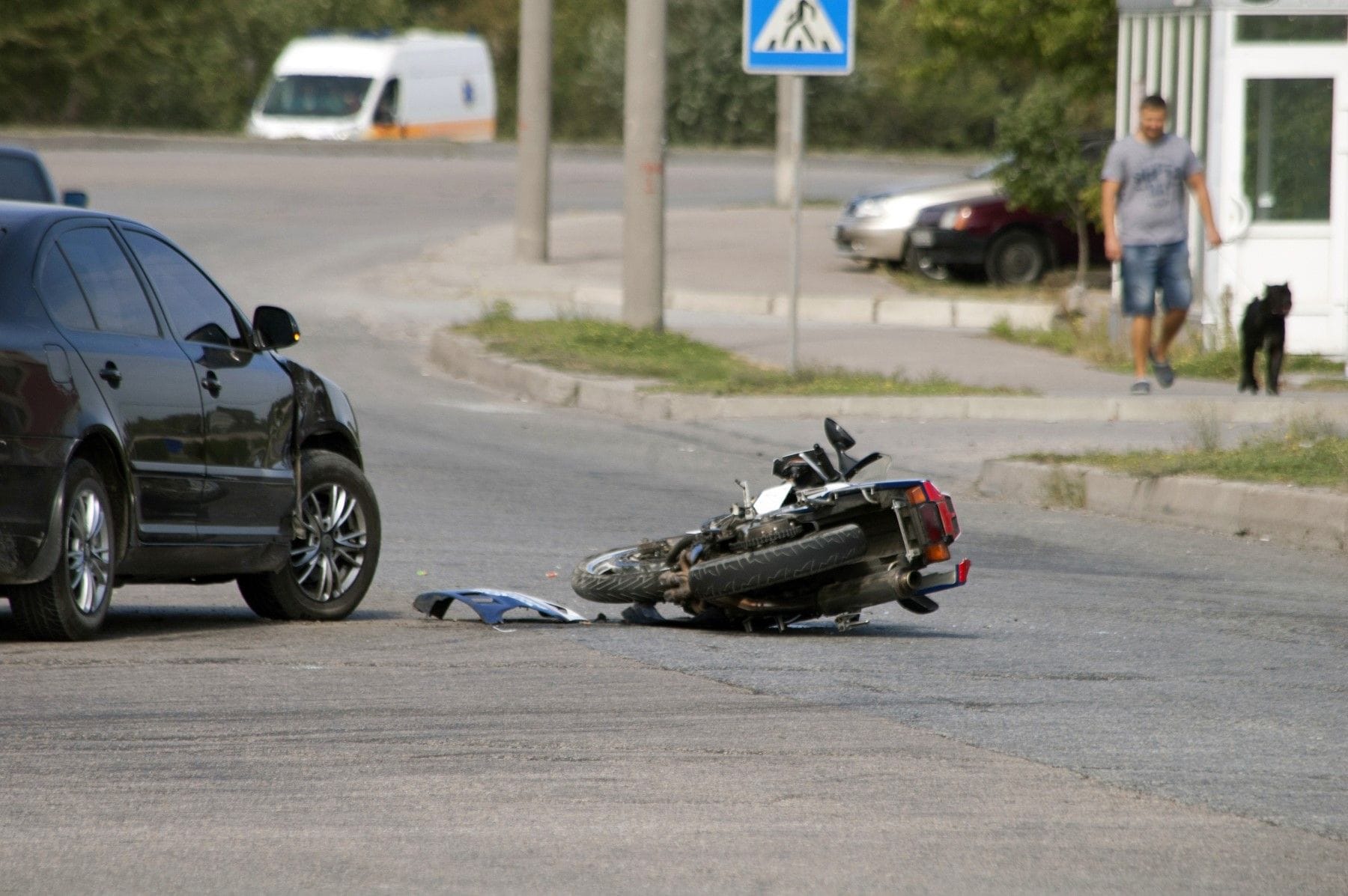Illinois Jury Awards $27.5M in Motorcycle Crash Case
Jury awards $27.5M in crash case spotlighting driver duty, catastrophic injury, and high-stakes legal strategy—an impactful benchmark in Illinois litigation.
Updated on
Case Overview
An Illinois jury returned a verdict of $27.5 million in favor of plaintiff Grayson Klucker, who was severely injured when his motorcycle collided with a pickup driven by defendant Ashton Zobrist. The jury found Zobrist wholly responsible for the crash after a four‐day trial in the Circuit Court of Madison County, Illinois. Among the awarded amount, over $421,000 covered medical bills, $75,000 represented punitive damages, and the remainder addressed pain and suffering, loss of normal life, emotional distress and disfigurement.
Facts of the Accident
The crash occurred on July 4, 2023. Traffic in the intersection was congested following fireworks. According to the complaint, Klucker approached an intersection on his motorcycle where he did not have a stop sign or traffic light. Zobrist, driving a 5,000-pound truck and approaching from an adjacent direction, did have a stop sign but allegedly ignored it. The complaint asserted that Zobrist’s view of traffic was obstructed by vehicles in a backed‐up turn lane and that he “lurched into the intersection four times … and then … gunned it … at a rapid pace.” The pickup struck Klucker’s motorcycle, throwing the rider, who lost consciousness and suffered a fracture so severe that first responders could not detect a pulse in his limb. He was airlifted to a hospital in St. Louis and underwent four surgeries to repair fractures, torn ligaments and tendons.
Trial and Jury Findings
The four-day trial concluded with jury deliberations lasting just over two hours, after which the jury found Zobrist entirely at fault. According to a statement from plaintiff counsel at The Simon Law Firm PC, “Our client continues to live with daily pain, mobility limitations, and post-traumatic stress from the violent crash. This was a completely preventable collision. The defendant knew he couldn’t see and went anyway.” The verdict breakdown included medical damages, punitive damages to punish the defendant’s conduct, and very large awards for non‐economic harms.
Legal Implications
The verdict underscores several key legal issues:
- Obligation to stop and yield: The case emphasizes the legal duty of a driver approaching a stop sign, particularly when visibility is reduced by traffic conditions.
- Obstructed view and risk awareness: The complaint’s assertion that Zobrist had a blocked line of sight highlights how an obstructed view can factor into negligence findings.
- Punitive damages: The jury’s punitive award indicates it viewed the defendant’s conduct as egregious — as distinguished from mere negligence.
- Significant non‐economic awards: The vast disparity between medical bills ($421,000) and total damages ($27.5 million) reinforces that juries in catastrophic injury cases may focus heavily on life-altering consequences (mobility limitations, PTSD, disfigurement).
- Trial readiness: With deliberations so swift (just over two hours after four days of trial), the case demonstrates how clear factual narratives and strong liability evidence can expedite jury decision-making.
Practical Takeaways for Practitioners
For plaintiff attorneys: this case illustrates the value of compiling a compelling story of life-impact (four surgeries, loss of limb pulse, PTSD) and tying it clearly to defendant’s misconduct (ignored stop sign, obstructed view, rushed entry).
For defense counsel: it highlights the risk of going to trial when visibility and decision-making issues are central and punitive exposure is real. For evaluators and insurers: the verdict provides a benchmark in Illinois for motorcycle collisions involving catastrophic lower-limb fractures, multiple surgeries, and long‐term impairment — the ratio of medical damages to total award is instructive.
What’s Next
Given the magnitude of the award and the punitive component, the defendant may pursue post-trial motions (e.g., for remittitur) or consider an appeal, depending on state law and appellate jurisdiction. Additionally, parties may negotiate a post‐verdict settlement or structured payment plan for collection. The case may also influence mediation dynamics in future motorcycle collision litigation in Illinois, setting a new high-water mark for damages of this type.
Case Details
Case Name: Klucker v. Zobrist
Court Name: Circuit Court of Madison County, Illinois
Case Number: 2024 LA 000686
Plaintiff Attorney(s): The Simon Law Firm PC


